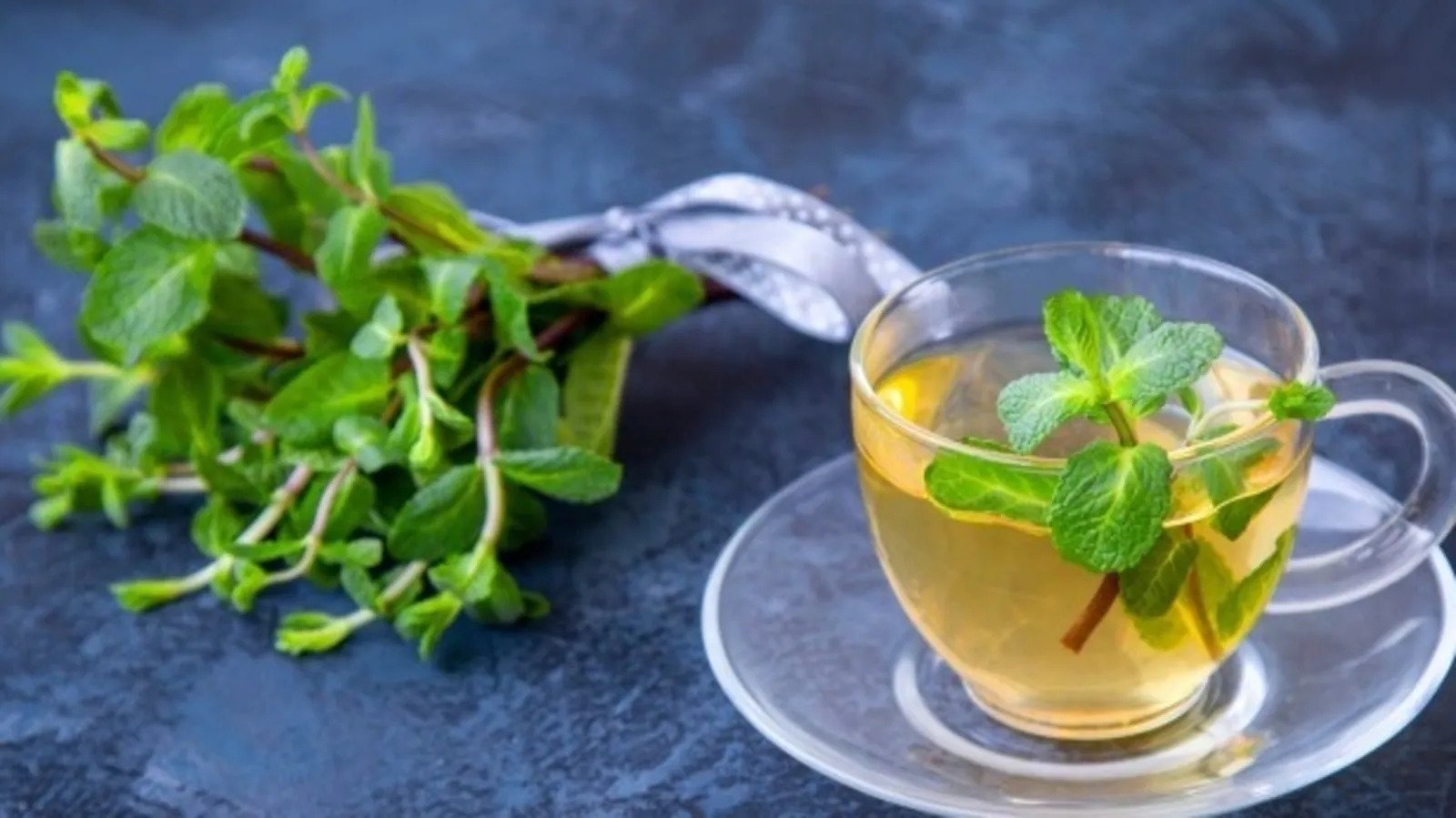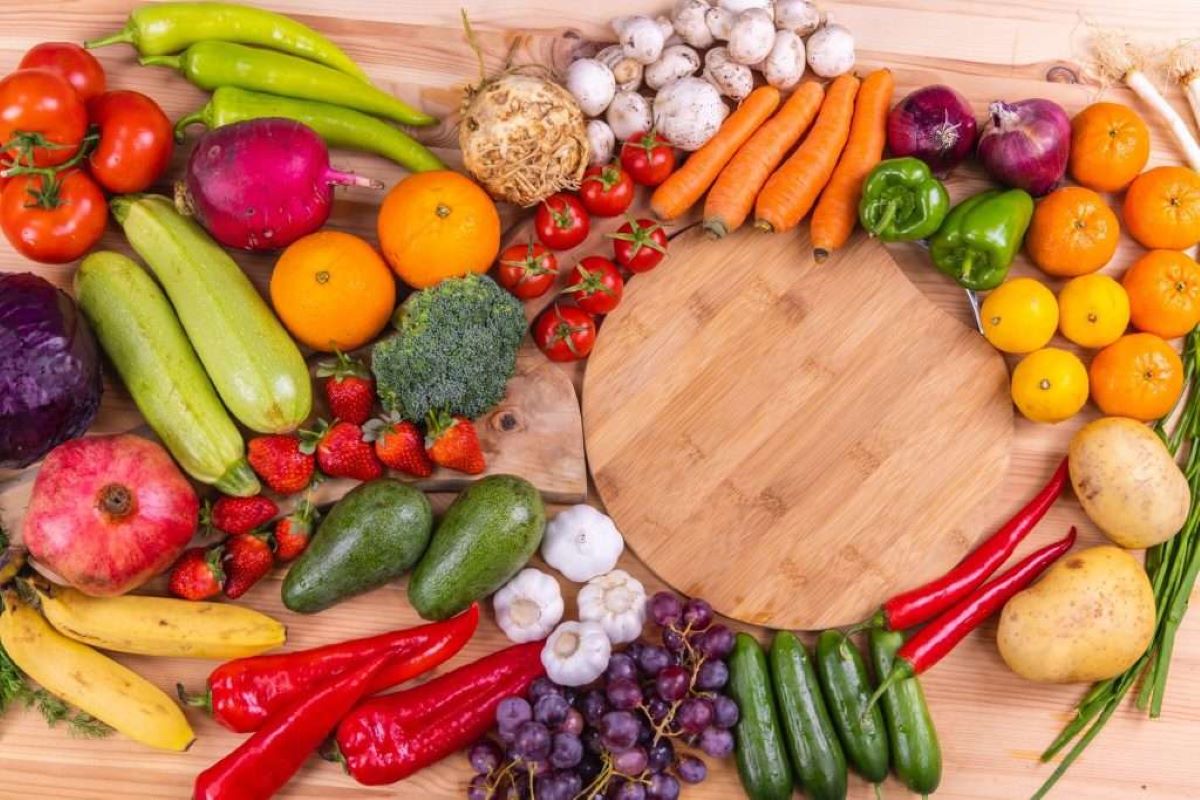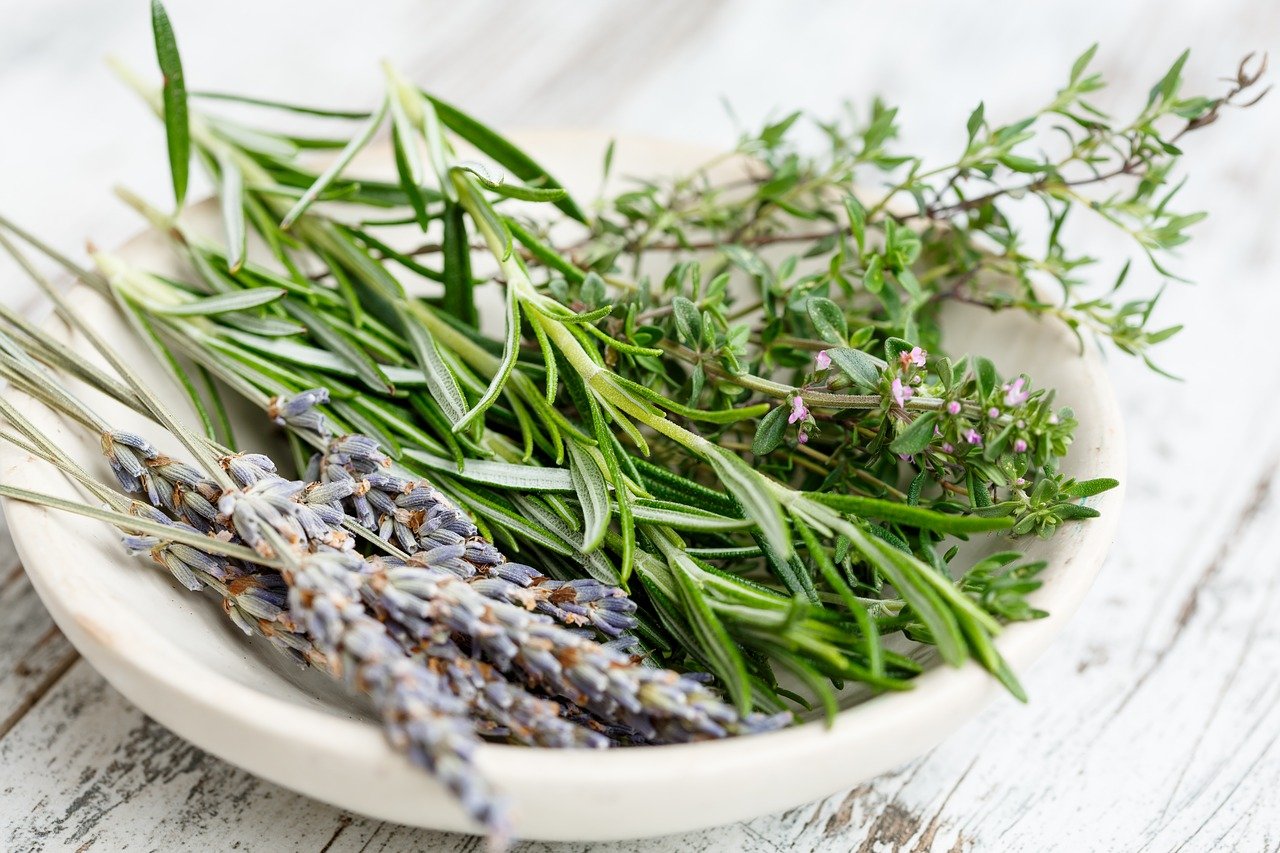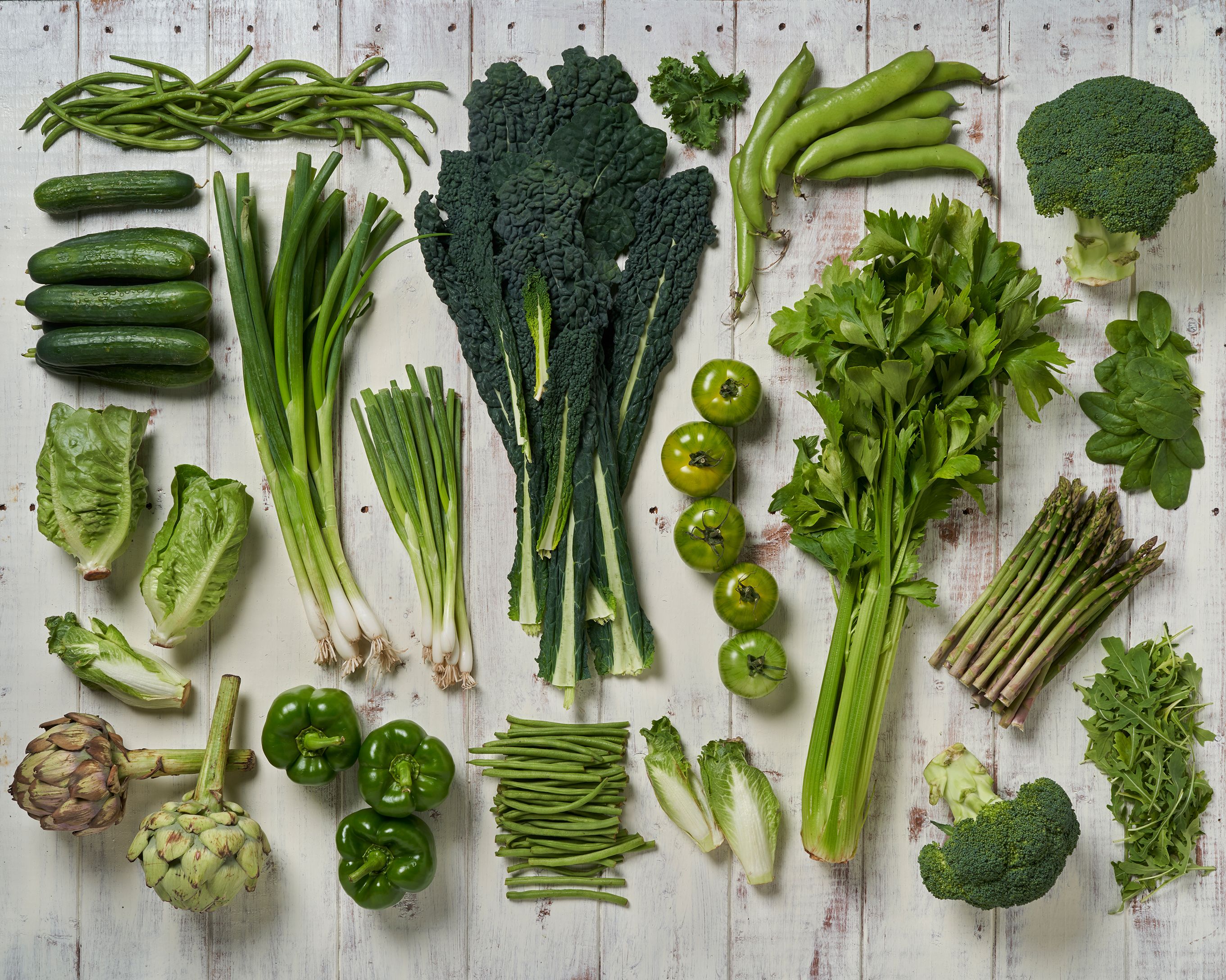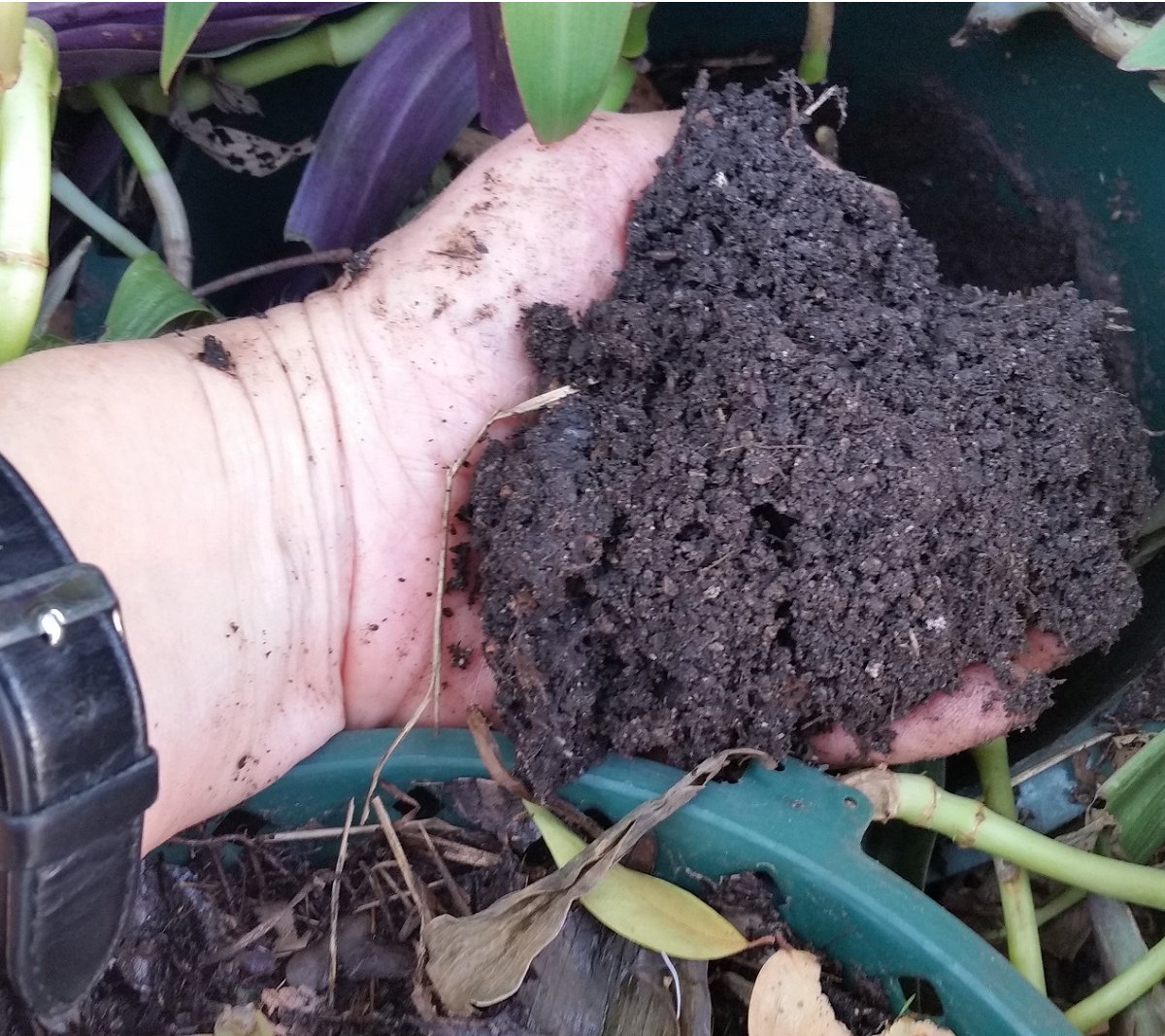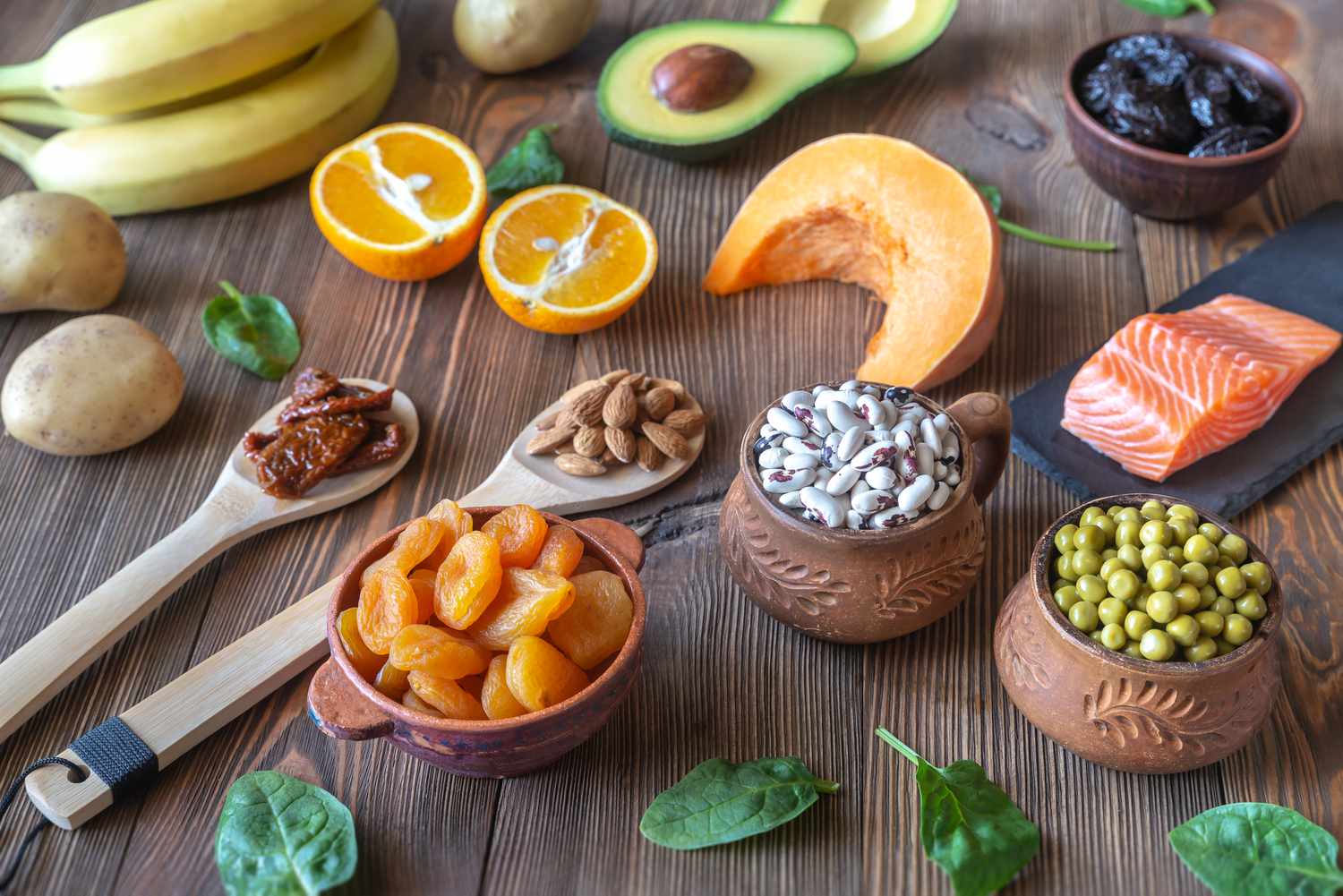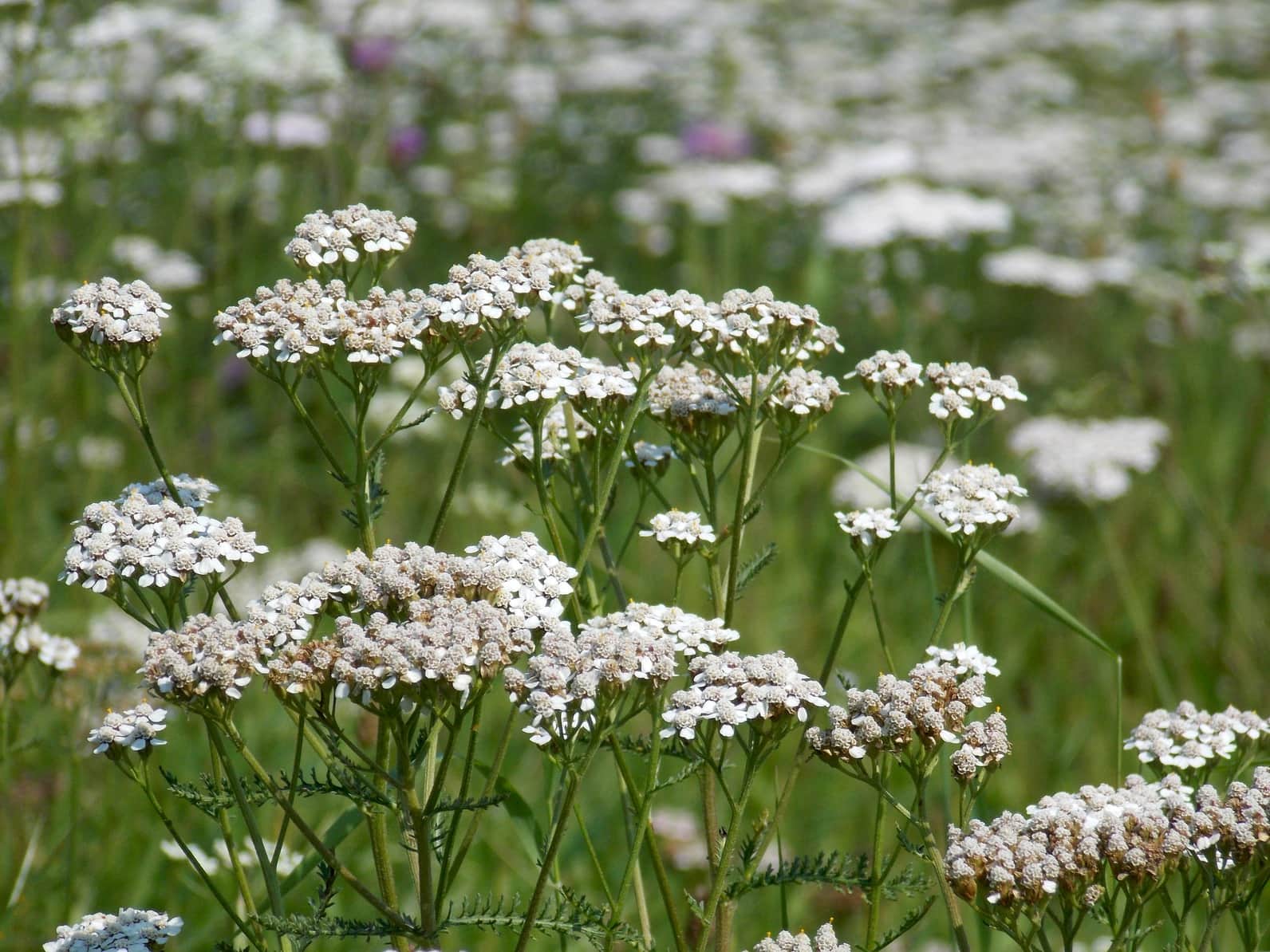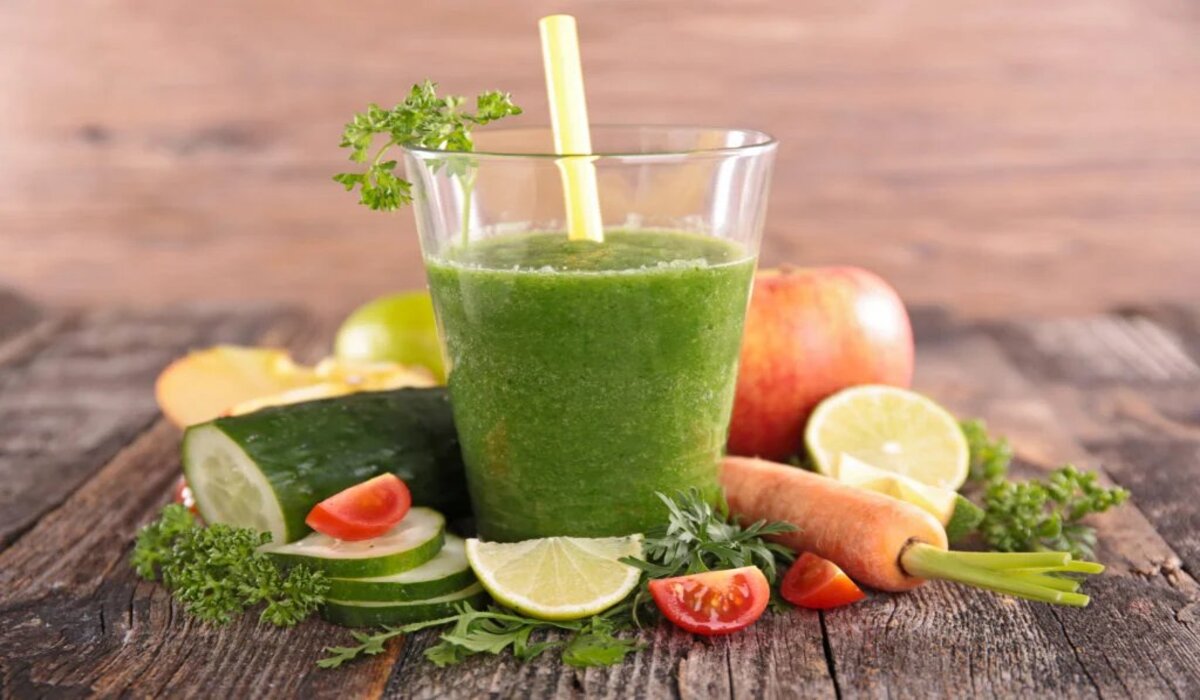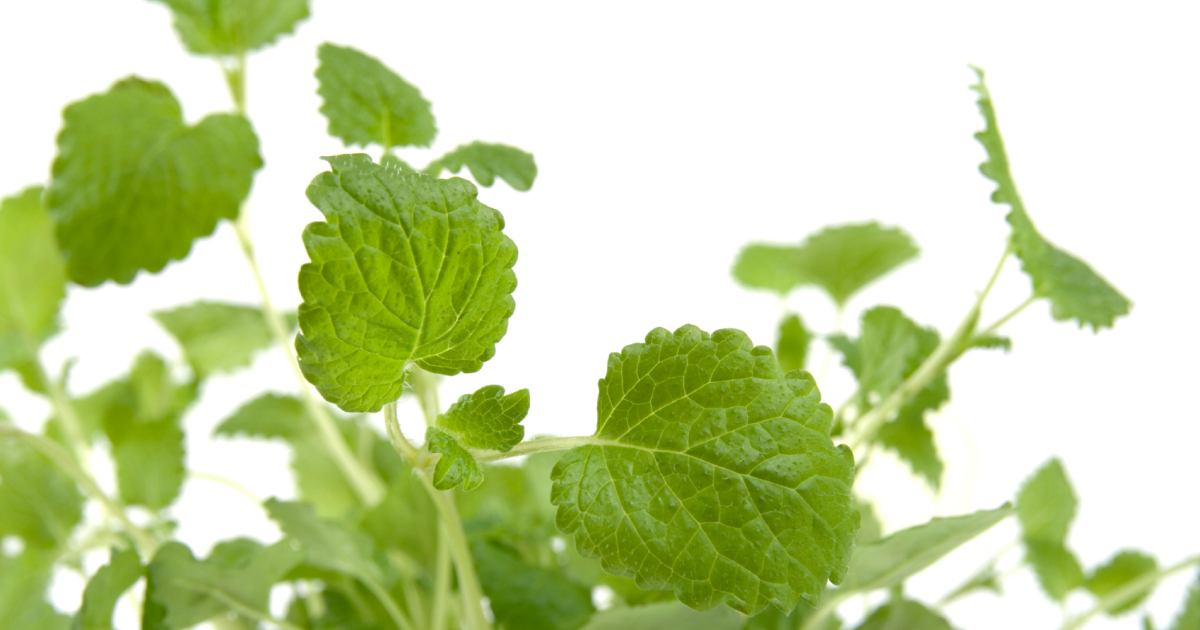Home>Gardening Tips and Tricks>What Is 19-19-19 Fertilizer Good For
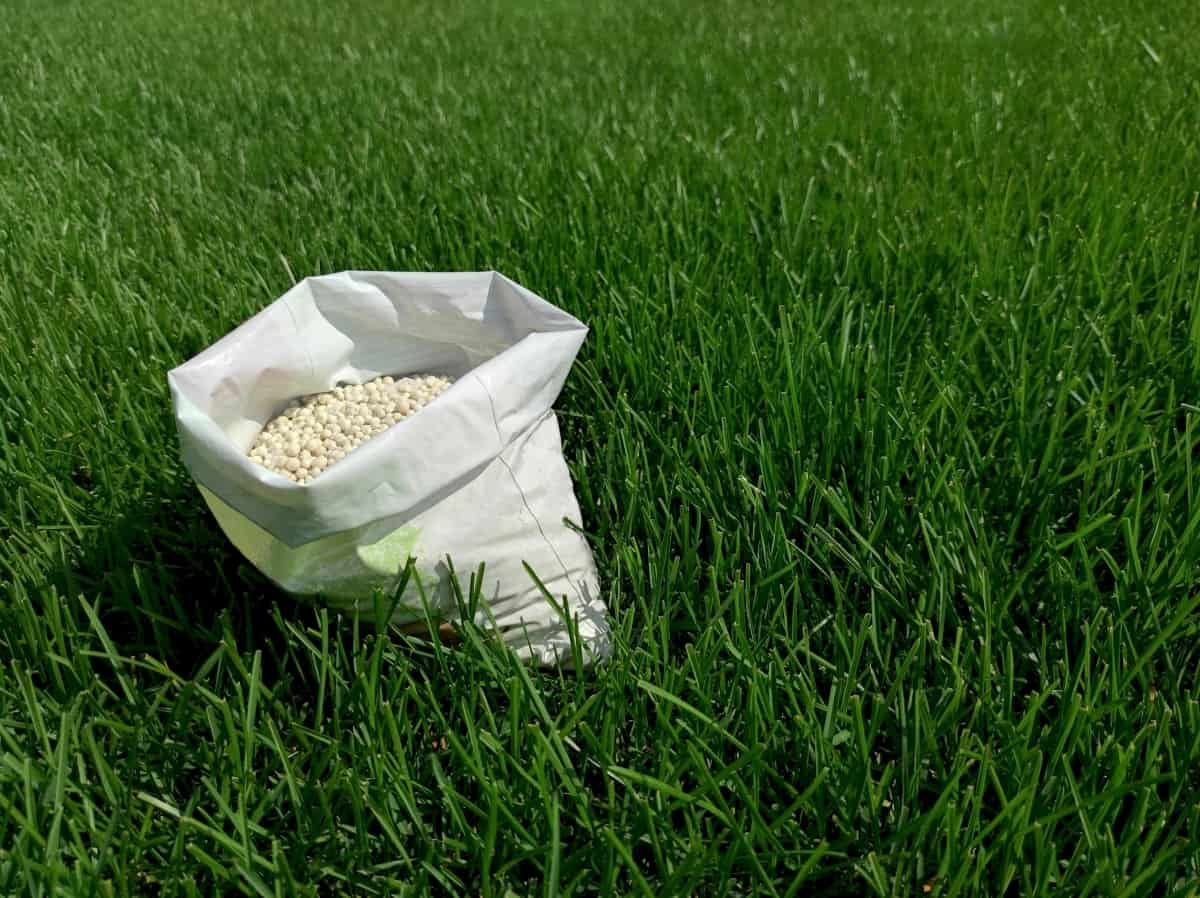

Gardening Tips and Tricks
What Is 19-19-19 Fertilizer Good For
Modified: January 22, 2024
Looking to maximize your yield? Find out what 19-19-19 fertilizer is good for and how it can boost your crop production.
(Many of the links in this article redirect to a specific reviewed product. Your purchase of these products through affiliate links helps to generate commission for Chicagolandgardening.com, at no extra cost. Learn more)
Table of Contents
Introduction
Welcome to the world of gardening and plant care! Whether you are a seasoned gardener or just starting out, one thing you’ll quickly learn is the importance of fertilizers in promoting healthy and robust plant growth. There are a plethora of fertilizers available on the market, each catering to specific plant needs. One such popular fertilizer is the 19-19-19 fertilizer.
But what exactly is 19-19-19 fertilizer? And what makes it so special? In this article, we will explore the wonders of 19-19-19 fertilizer, its nutrient composition, the benefits it offers to plants, and how to use it effectively.
19-19-19 fertilizer is a balanced fertilizer that contains equal amounts of nitrogen (N), phosphorus (P), and potassium (K), also known as N-P-K. These three macronutrients are vital for plant growth, development, and overall health. Nitrogen helps promote lush foliage and green leaves, phosphorus aids in root development and flower formation, while potassium enhances the plant’s disease resistance, stress tolerance, and overall vigor.
Whether you are growing flowers, vegetables, or trees, using a balanced fertilizer like 19-19-19 can provide your plants with the essential nutrients they need for optimal growth and productivity. But the benefits don’t stop there.
One of the key advantages of 19-19-19 fertilizer is its versatility. It can be used for a wide range of plants, making it a go-to fertilizer for many gardeners and professionals alike. It works well for both indoor and outdoor plants, including flowers, vegetables, fruits, shrubs, and trees.
The balanced composition of 19-19-19 fertilizer ensures that plants receive an equal proportion of nutrients, preventing any nutrient imbalances that could harm their growth. This is particularly beneficial for plants that have specific nutrient requirements or when you’re unsure of the specific nutritional needs of your plants.
In addition to its balanced composition, 19-19-19 fertilizer is also highly soluble, which means it dissolves easily in water and is readily available for plant uptake. This ensures that the nutrients are delivered to the plants quickly, allowing for rapid absorption and utilization.
Now that we have a basic understanding of what 19-19-19 fertilizer is and its advantages, let’s delve deeper into its nutrient composition and the specific benefits it offers to plants.
What is 19-19-19 Fertilizer?
19-19-19 fertilizer, also known as “triple 19” fertilizer, is a type of balanced fertilizer that contains an equal proportion of three essential plant nutrients: nitrogen (N), phosphorus (P), and potassium (K). The numbers 19-19-19 on the fertilizer package represent the percentage of each nutrient in the order mentioned.
Nitrogen (N) is crucial for plant growth and plays a vital role in the formation of proteins, enzymes, and chlorophyll. It promotes healthy foliage, stimulates vegetative growth, and enhances the overall green color of leaves. Phosphorus (P) is responsible for root development, flower production, and energy transfer within plants. It helps establish strong root systems and promotes robust flowering and fruiting. Potassium (K) is essential for overall plant health and plays a crucial role in various physiological processes such as water uptake, disease resistance, and stress tolerance.
What sets 19-19-19 fertilizer apart from other fertilizers is its balanced nutrient composition. With equal amounts of N, P, and K, it provides plants with a well-rounded nutritional package. This balance ensures that plants receive optimal levels of all three essential macronutrients, preventing any nutrient deficiencies or excesses that could hinder their growth and development.
Another notable feature of 19-19-19 fertilizer is its versatility. It can be used for a wide variety of plants, making it a popular choice among gardeners. From flowers and vegetables to shrubs and trees, 19-19-19 fertilizer caters to the nutritional needs of various plant species. This versatility makes it a convenient option if you have a diverse garden or are unsure of the specific nutrient requirements of your plants.
19-19-19 fertilizer is typically available in different forms, including granules, powders, and water-soluble formulations. The choice of form depends on your preference and the application method you find most convenient.
In the following sections, we will explore the nutrient composition of 19-19-19 fertilizer in more detail and delve into the specific benefits it offers to plants.
Nutrient Composition of 19-19-19 Fertilizer
The nutrient composition of 19-19-19 fertilizer consists of equal proportions of three essential macronutrients: nitrogen (N), phosphorus (P), and potassium (K). Each nutrient plays a critical role in supporting plant growth and development, and their balanced presence in 19-19-19 fertilizer ensures that plants receive the necessary nutrition for optimal health.
Nitrogen (N), the first component of 19-19-19 fertilizer, is essential for promoting lush foliage and vibrant, green leaves. It is a primary building block of proteins, enzymes, and chlorophyll, which are essential for various plant functions. Nitrogen aids in vegetative growth, ensuring that plants develop strong stems, branches, and leaves. Additionally, it contributes to the overall size and vigor of the plant.
Phosphorus (P), the second nutrient in 19-19-19 fertilizer, supports root development and is crucial for flower and fruit production. It plays a vital role in energy transfer and storage within the plant, facilitating essential processes such as photosynthesis, respiration, and cell division. Adequate phosphorus levels promote robust root systems, enhancing nutrient uptake and water absorption. This nutrient also stimulates the formation of abundant, colorful blooms and increases the chances of successful fruit set.
Potassium (K), the final component of 19-19-19 fertilizer, is involved in numerous physiological processes within the plant. It helps regulate water uptake and loss, maintaining proper hydration levels and preventing wilting. Potassium also contributes to the activation of enzymes, enhancing various biochemical reactions necessary for plant growth. Moreover, it boosts the plant’s ability to resist diseases, pests, and environmental stressors, ultimately increasing its overall resilience and long-term vitality.
By providing a balanced combination of nitrogen, phosphorus, and potassium, 19-19-19 fertilizer ensures that the plant’s nutritional needs are met throughout its growth stages. The equal proportions of these three macronutrients prevent the occurrence of nutrient imbalances, which can lead to deficiencies or toxicities in plants.
It is important to note that 19-19-19 fertilizer does not contain any micronutrients, which are essential for plant health in smaller quantities. While this balanced fertilizer serves as a foundation for meeting the primary nutrient requirements of plants, additional supplementation with micronutrients may be necessary in certain cases. Conducting a soil test or consulting with a gardening expert can help determine if micronutrient deficiencies are present and guide appropriate fertilization practices.
Now that we have explored the nutrient composition of 19-19-19 fertilizer, let’s move on to discovering the numerous benefits it offers to plants.
Benefits of 19-19-19 Fertilizer
19-19-19 fertilizer offers a multitude of benefits to plants, making it a popular choice among gardeners and horticultural professionals. The balanced nutrient composition of this fertilizer ensures that plants receive the essential macronutrients they need for optimal growth and development. Let’s explore the key benefits of using 19-19-19 fertilizer:
1. Promotes Balanced Growth: The equal proportions of nitrogen (N), phosphorus (P), and potassium (K) in 19-19-19 fertilizer promote balanced growth in plants. Nitrogen stimulates lush foliage and greener leaves, phosphorus supports root development and flower production, and potassium enhances overall plant health and resistance to stress. This balanced nutrition encourages healthy and vigorous growth in all parts of the plant.
2. Enhances Flowering and Fruiting: The phosphorus content in 19-19-19 fertilizer promotes abundant and vibrant blooms. It helps plants produce more flowers and encourages successful fruit set, leading to a higher yield for fruiting plants. By providing the necessary nutrients for flower and fruit development, 19-19-19 fertilizer can enhance the aesthetic appeal and productivity of plants.
3. Improves Nutrient Uptake: The balanced nutrient composition and highly soluble nature of 19-19-19 fertilizer ensure that plants can easily absorb and utilize the nutrients. This promotes efficient nutrient uptake and utilization, preventing any nutrient deficiencies that can hinder plant growth. The availability of balanced nutrients allows plants to reach their full potential in terms of size, vitality, and resilience.
4. Versatile Application: 19-19-19 fertilizer is suitable for a wide range of plants, making it a versatile option for gardeners. Whether you are growing ornamental flowers, vegetables, fruits, or trees, this balanced fertilizer can meet the nutritional needs of various plant species. Its versatility makes gardening easier and more convenient by reducing the need for multiple types of fertilizers.
5. Convenient Usage: 19-19-19 fertilizer is available in various forms, including granules, powders, and water-soluble formulations. This allows gardeners to choose the form that suits their preferences and the application method they find most convenient. The different forms of 19-19-19 fertilizer can be applied through soil incorporation, top-dressing, or foliar spraying, ensuring flexibility in fertilizer application based on the needs of different plants.
6. Prevents Nutrient Imbalances: The balanced composition of 19-19-19 fertilizer prevents nutrient imbalances that can negatively impact plant health. The equal proportions of N, P, and K ensure that plants receive balanced nutrition, reducing the risk of deficiencies or excesses that may lead to stunted growth, poor flowering, or susceptibility to diseases. By providing a well-rounded nutritional package, 19-19-19 fertilizer supports overall plant vigor and vitality.
In summary, 19-19-19 fertilizer offers numerous benefits to plants, including balanced growth, enhanced flowering and fruiting, improved nutrient uptake, versatile application, convenient usage, and prevention of nutrient imbalances. By incorporating this balanced fertilizer into your gardening routine, you can provide your plants with the essential macronutrients they need for healthy and thriving growth.
Suitable Plants for 19-19-19 Fertilizer
One of the advantages of 19-19-19 fertilizer is its versatility, making it suitable for a wide range of plants. Whether you are tending to your flower garden, growing vegetables, or nurturing fruit trees, 19-19-19 fertilizer can cater to the nutritional needs of various plant species. Let’s explore some of the plants that benefit from the use of 19-19-19 fertilizer:
1. Flowers: 19-19-19 fertilizer is excellent for promoting healthy and vibrant blooms in flowering plants. Whether you are growing roses, annuals, perennials, or flowering shrubs, this balanced fertilizer provides the necessary nutrients to support abundant flower production.
2. Vegetables: From leafy greens and tomatoes to root vegetables and peppers, 19-19-19 fertilizer can be used to nourish a wide variety of vegetable plants. The balanced nutrient composition ensures that vegetables receive the optimal nutrition needed for robust growth, improved yields, and better quality produce.
3. Fruits: Fruit-bearing plants, such as citrus trees, berries, and melons, can benefit from the application of 19-19-19 fertilizer. The balanced N-P-K ratio helps promote healthy root development, flower formation, and fruit production, resulting in increased harvests and enhanced fruit quality.
4. Shrubs and Trees: Whether you have ornamental shrubs or large trees in your landscape, 19-19-19 fertilizer can provide the necessary nutrients for their growth and vitality. From promoting dense foliage to enhancing disease resistance, this fertilizer ensures that your shrubs and trees thrive in their environment.
5. Indoor Plants: 19-19-19 fertilizer is also suitable for indoor plants, including houseplants and potted herbs. Most indoor plants benefit from a balanced fertilizer like 19-19-19 to ensure optimal growth and maintain their health and aesthetic appeal.
6. Container Plants: Plants grown in containers, such as patio plants, hanging baskets, and indoor containers, often require regular fertilization due to limited access to natural soil nutrients. The balanced composition and versatility of 19-19-19 fertilizer make it a convenient choice for feeding container-grown plants.
7. Lawns and Turf: If you have a lush green lawn or a sports field that needs fertilization, 19-19-19 fertilizer can be used to promote vigorous grass growth. It provides the essential nutrients necessary for a healthy lawn, including strong root development, dense turf, and improved resilience against stresses such as drought and foot traffic.
While 19-19-19 fertilizer is suitable for a wide array of plants, it is essential to consider specific plant requirements and environmental conditions when determining the appropriate dosage and frequency of application. Always follow the recommended guidelines provided by the manufacturer and consider conducting a soil test to assess any specific nutrient deficiencies or imbalances.
Now that we have explored the suitability of 19-19-19 fertilizer for different plants, let’s dive into the proper usage and application methods.
How to Use 19-19-19 Fertilizer
Using 19-19-19 fertilizer effectively is crucial to ensure that your plants receive the optimal amount of nutrients for healthy growth and development. Here are some guidelines on how to use 19-19-19 fertilizer:
1. Read the Instructions: Start by carefully reading the instructions provided on the fertilizer packaging. This will provide you with specific recommendations regarding the application rate, frequency, and any additional instructions for your particular brand of 19-19-19 fertilizer.
2. Determine the Application Method: Consider the most suitable application method for your plants and the surrounding environment. 19-19-19 fertilizer can be applied through soil incorporation, top-dressing, or foliar spraying. The application method may depend on factors such as the type of plants, soil conditions, and the stage of plant growth.
3. Consider the Timing: Timing is crucial when using fertilizer. Apply 19-19-19 fertilizer during the active growing season when plants are actively taking up nutrients. For most plants, this is typically in the spring and early summer. Avoid applying fertilizer during dormant periods or during hot and dry conditions to prevent fertilizer burn or nutrient leaching.
4. Measure the Correct Dosage: Use a measuring tool or weighing scale to accurately measure the recommended dosage of 19-19-19 fertilizer. Applying too little may result in nutrient deficiencies, while applying too much can lead to nutrient imbalances or even damage to plants. Follow the instructions to ensure the correct amount is applied.
5. Choose the Right Application Technique: The application technique may vary depending on the chosen method. For soil incorporation, mix the measured amount of 19-19-19 fertilizer into the soil around the plant’s root zone. For top-dressing, spread the fertilizer evenly over the soil surface and gently incorporate it into the top layer. For foliar spraying, dilute the fertilizer according to the instructions and spray it directly on the leaves, ensuring thorough coverage.
6. Watering and Aftercare: After applying 19-19-19 fertilizer, water the plants adequately to help distribute the nutrients into the soil and encourage plant uptake. Proper watering will prevent any potential burn caused by concentrated fertilizer. Monitor the plants to ensure they do not show signs of over-fertilization, such as yellowing leaves or wilting.
7. Adjust Application Frequency: The frequency of fertilizer application depends on various factors, including the plant type, soil conditions, and the specific fertilizer brand used. Some plants may require frequent applications during the growing season, while others may have specific nutritional needs at different stages of growth. Monitor the plant’s response and adjust the application frequency accordingly.
8. Consider Environmental Factors: Take into account the environmental conditions when using fertilizer. Factors such as temperature, rainfall, and soil moisture levels can affect the efficiency of nutrient uptake. Adjust the fertilizer application schedule to avoid unnecessary wastage or nutrient leaching.
Remember, every plant is unique, and their nutritional requirements may differ. Regularly monitoring your plants and adjusting the fertilizer application as necessary will help ensure they receive the appropriate nutrients for healthy and robust growth.
Now that we have covered the proper usage of 19-19-19 fertilizer, let’s discuss the potential risks and precautions associated with its use.
Potential Risks and Precautions of 19-19-19 Fertilizer
While 19-19-19 fertilizer offers many benefits, it is important to be aware of potential risks and take necessary precautions when using it. Here are some considerations to keep in mind:
1. Fertilizer Burn: Applying excessive amounts of 19-19-19 fertilizer or not properly watering after application can lead to fertilizer burn. This occurs when the concentrated nutrients in the fertilizer cause damage to plant roots or foliage. To prevent fertilizer burn, always follow the recommended dosage and ensure thorough watering after application.
2. Over-Application: Applying too much fertilizer or frequent application without allowing time for the plants to absorb the nutrients can result in nutrient imbalances. This can negatively impact plant growth and cause excessive vegetative growth, reduced flowering, or increased susceptibility to diseases. Properly measure and apply the recommended dosage to avoid over-application.
3. Environmental Impact: Misuse or improper disposal of fertilizer can lead to environmental issues. Excessive application or runoff from 19-19-19 fertilizer can leach nutrients into water bodies, causing water pollution and harmful algal blooms. Always follow local regulations and environmental guidelines when using and disposing of fertilizers to minimize the impact on the environment.
4. Sensitivity and Allergies: Some individuals may have sensitivities or allergies to certain components of 19-19-19 fertilizer, such as dust or specific chemical additives. It is important to wear appropriate protective gear, such as gloves and masks, when handling the fertilizer to minimize any potential risks. If you have known allergies or sensitivities, consult a healthcare professional before using the fertilizer.
5. Soil Testing: It is advisable to conduct a soil test before applying 19-19-19 fertilizer to determine the specific nutrient requirements of your plants and avoid any potential nutrient imbalances. Soil testing can provide helpful insights into the levels of essential nutrients and pH levels, allowing for more targeted and efficient fertilization practices.
6. Storage and Handling: Proper storage and handling of 19-19-19 fertilizer are essential to maintain its effectiveness and safety. Store the fertilizer in a cool, dry place, away from direct sunlight and moisture. Keep it out of reach of children and pets. Follow the manufacturer’s instructions regarding storage and disposal to ensure safe and responsible use.
7. Follow Fertilizer Regulations: Different regions may have specific regulations and guidelines regarding fertilizer use. Familiarize yourself with these regulations to ensure compliance and responsible use of 19-19-19 fertilizer. This includes proper labeling, application rates, and disposal methods as outlined by local authorities.
8. Consult Experts: When in doubt, seek advice from gardening experts, horticulturists, or agricultural extension offices. They can provide valuable insights and guidance specific to your plants and local conditions, helping you make informed decisions about using 19-19-19 fertilizer.
By being aware of these potential risks and taking necessary precautions, you can ensure the safe and effective use of 19-19-19 fertilizer while minimizing any adverse impacts on plants, the environment, or personal health.
Now that we have discussed the risks and precautions, let’s wrap up this article with some concluding thoughts.
Conclusion
19-19-19 fertilizer, with its balanced nutrient composition of nitrogen (N), phosphorus (P), and potassium (K), offers numerous benefits to a wide range of plants. Its versatility, convenience, and ability to promote balanced growth make it a popular choice among gardeners and horticultural enthusiasts.
By using 19-19-19 fertilizer, you can provide your plants with the essential macronutrients they need for healthy foliage, strong root development, abundant flowering, and successful fruiting. The balanced nutrition ensures that plants receive optimal levels of N, P, and K, reducing the risk of nutrient deficiencies or excesses that can impede growth.
Whether you are tending to flowers, vegetables, fruits, shrubs, trees, or even lawn and turf, 19-19-19 fertilizer can fulfill the nutritional requirements of a wide array of plant species. Its versatility allows for easy application and integration into various gardening practices.
However, it is important to handle 19-19-19 fertilizer with care and take necessary precautions. Avoid over-application, follow recommended dosage instructions, and be mindful of potential risks such as fertilizer burn or environmental impact. Conducting soil tests, following fertilizer regulations, and seeking expert advice when needed will help ensure efficient and responsible use of 19-19-19 fertilizer.
In summary, 19-19-19 fertilizer is a valuable tool in promoting plant health and growth. Its balanced nutrient composition, versatility, and convenient usage make it an excellent choice for nourishing a wide variety of plants. By incorporating 19-19-19 fertilizer into your gardening routine, you can help your plants thrive and achieve their full potential.
Happy gardening!
